After Pope Francis: 9 Potential Successors And The Future Of The Catholic Church
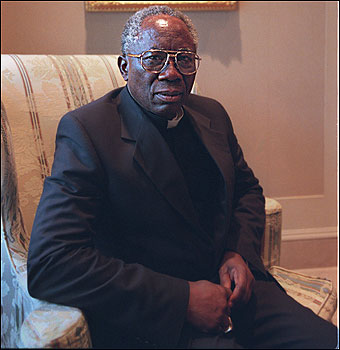
Table of Contents
Cardinal Pietro Parolin: The Diplomat
Cardinal Pietro Parolin, currently the Vatican Secretary of State, is a strong contender. His extensive experience in international diplomacy makes him a compelling candidate. His deep understanding of global politics and his ability to navigate complex international relations are undeniable assets.
- His role in various international agreements and diplomatic initiatives: Cardinal Parolin has been instrumental in negotiating various agreements, including the historic rapprochement with China. His expertise in navigating delicate diplomatic situations is widely acknowledged.
- Strengths: Extensive experience, vast international network, proven diplomatic skills, ability to foster dialogue and collaboration.
- Potential challenges: Some may perceive his diplomatic approach as lacking a strong theological stance. Concerns regarding his ability to forcefully address internal Church issues have also been raised.
Cardinal Luis Antonio Tagle: The Theologian
Cardinal Luis Antonio Tagle, known for his progressive views and charismatic leadership, represents a different approach. His theological background and passionate advocacy for social justice issues resonate deeply with many.
- His work in the Philippines and his focus on poverty and social inequality: His time as Archbishop of Manila saw him actively engage in addressing poverty and inequality, becoming a powerful voice for the marginalized.
- Strengths: Strong theological background, charismatic leadership, deep connection with the faithful, popular figure, progressive social views.
- Potential challenges: Balancing his progressive views with the Church's traditional doctrines may prove challenging. His progressive stance could alienate more conservative factions within the Church.
Cardinal Marc Ouellet: The Conservative Choice
In contrast to Cardinal Tagle, Cardinal Marc Ouellet is considered a more conservative candidate. His strong adherence to traditional Catholic doctrines might appeal to those seeking a return to more traditional practices.
- His known positions on issues such as abortion and same-sex marriage: Cardinal Ouellet's views on these issues are firmly rooted in traditional Catholic teachings.
- Strengths: Strong adherence to traditional doctrines, extensive experience in the Congregation for Bishops, a known figure for his conservative positions.
- Potential challenges: His conservative views might alienate progressive Catholics and hinder efforts at inclusivity and dialogue.
Other Potential Candidates: A Diverse Range of Views
Beyond these three prominent figures, several other cardinals could emerge as strong candidates. Their diverse backgrounds and expertise offer a wide range of potential directions for the Church.
- Cardinal Oswald Gracias (India): Known for his work with youth and interfaith dialogue. Strengths: experience in a large and diverse diocese; potential weakness: navigating complex political issues in India.
- Cardinal Christoph Schönborn (Austria): A prominent theologian with progressive and conservative leanings. Strengths: theological expertise; weakness: potential for internal conflicts due to his mixed viewpoints.
- Cardinal Michael Czerny (Czech Republic): Known for his work on migration and social justice. Strengths: focus on social issues, alignment with Pope Francis's priorities; potential weakness: less experience in administrative roles.
- Cardinal Jean-Claude Hollerich (Luxembourg): Known for his commitment to environmental issues and ecumenism. Strengths: strong advocate for environmental stewardship and interfaith understanding; weakness: relative lack of experience in senior administrative roles.
- Cardinal Seán Patrick O'Malley (USA): Known for his handling of the clergy sex abuse crisis. Strengths: experience in crisis management; weakness: potential lingering negative associations with the abuse scandal.
- Cardinal Fridolin Ambongo Besungu (Congo): Representing the African continent, known for his pastoral care and focus on poverty. Strengths: represents a significant part of the global Church; weakness: less international exposure compared to others.
The Future of the Catholic Church After Pope Francis
The choice of the next Pope will significantly shape the future of the Catholic Church. Each potential successor brings unique strengths and challenges that could lead to different theological emphases, approaches to social issues, and impact on interfaith relations.
- Potential shifts in theological emphasis: A conservative Pope might prioritize a return to traditional doctrines, while a progressive Pope might emphasize social justice and inclusivity.
- Impact on interfaith relations: The next Pope's approach to interfaith dialogue could strengthen or weaken existing bridges with other religious communities.
- Potential changes in the Church's approach to social and political issues: The Church's stance on issues like climate change, poverty, and migration could shift depending on the successor's priorities.
The Importance of Papal Succession
The papal election is a momentous occasion, carrying immense historical and theological significance. The selection process, guided by the College of Cardinals, shapes the future of the Catholic Church globally.
- The role of the College of Cardinals in the selection process: The cardinals' discernment and voting process determine the next leader of the Catholic Church.
- The impact of the new Pope's leadership on Catholic communities worldwide: The new Pope's vision and leadership will profoundly impact the lives of Catholics worldwide.
- The challenges faced by the Catholic Church in the 21st century: The next Pope will face significant challenges, including declining church attendance, the rise of secularism, and internal divisions within the Church.
Conclusion:
The question of "After Pope Francis" is one of immense consequence for global Catholicism. The candidates discussed here represent a spectrum of theological viewpoints and leadership styles. Understanding their backgrounds, strengths, and potential challenges is crucial for informed engagement with the future of the Church. The choice of the next Pope will undoubtedly shape the Church's trajectory in the coming decades, impacting everything from its theological emphasis to its approach to social and political issues. Who do you think will be the next Pope, and what does that mean for the future of the Catholic Church after Pope Francis's papacy? Let's discuss the potential impact of the Post-Francis papacy and engage in informed discussion on this crucial topic.

Featured Posts
-
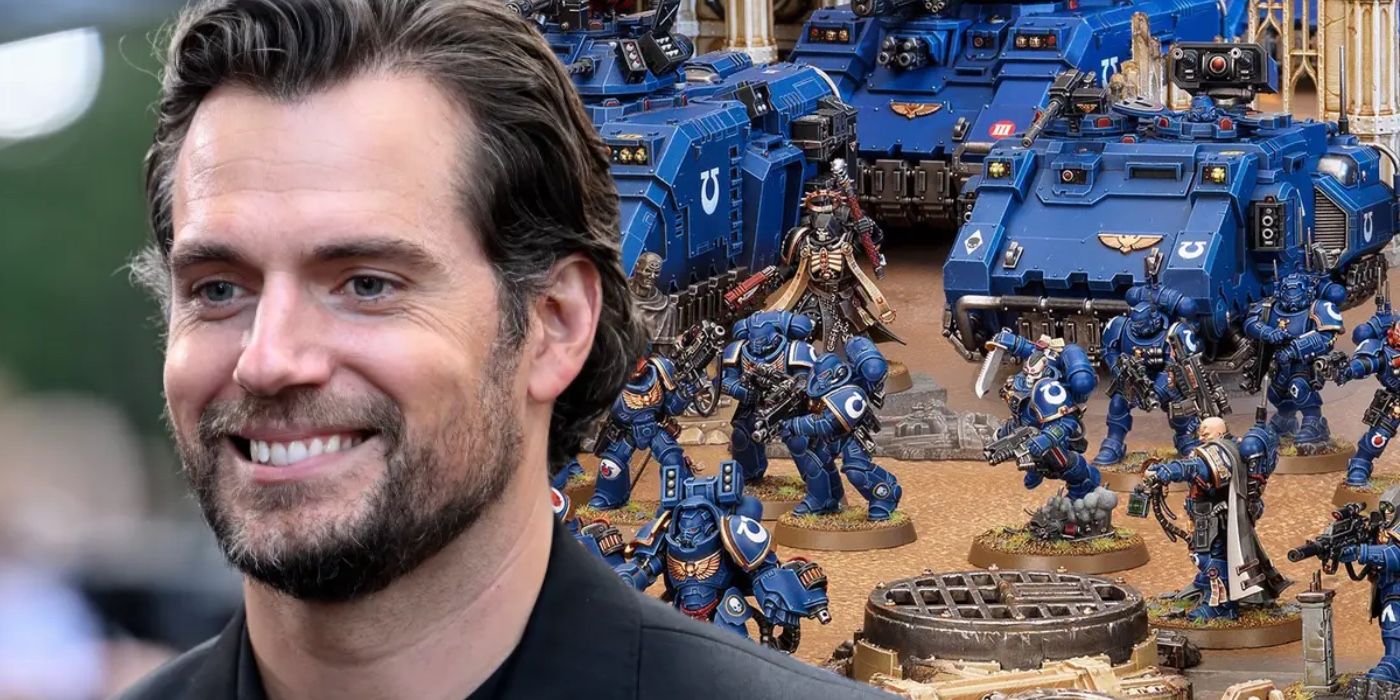 Henry Cavills Geralt Replacement Explaining The Change In The Witchers Sirens Of The Deep
May 12, 2025
Henry Cavills Geralt Replacement Explaining The Change In The Witchers Sirens Of The Deep
May 12, 2025 -
 Win Tickets To The Sold Out Tales From The Track Event
May 12, 2025
Win Tickets To The Sold Out Tales From The Track Event
May 12, 2025 -
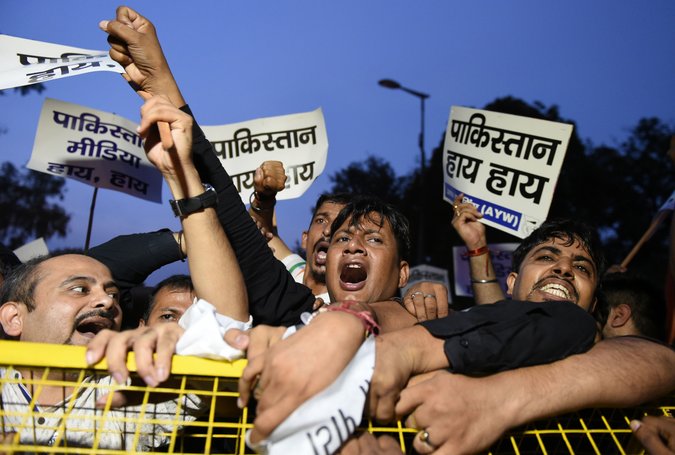 Hopes Rise As India And Pakistan Agree To Ceasefire After Intense Fighting
May 12, 2025
Hopes Rise As India And Pakistan Agree To Ceasefire After Intense Fighting
May 12, 2025 -
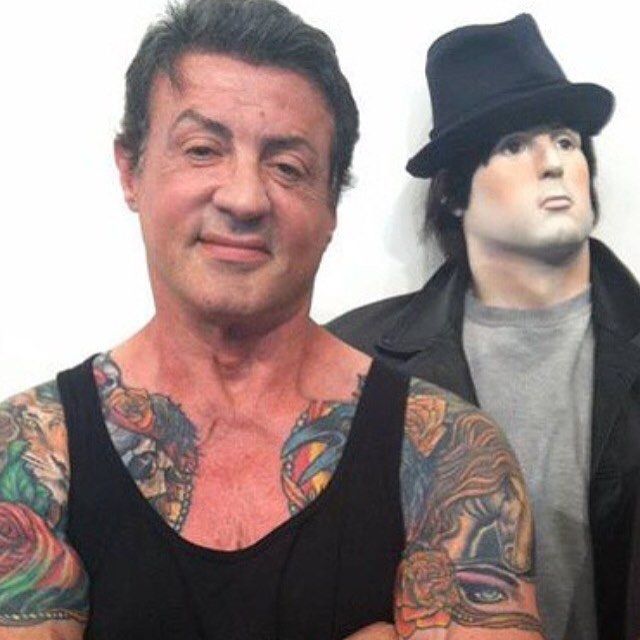 Cati Bani A Facut Sylvester Stallone Din Rocky
May 12, 2025
Cati Bani A Facut Sylvester Stallone Din Rocky
May 12, 2025 -
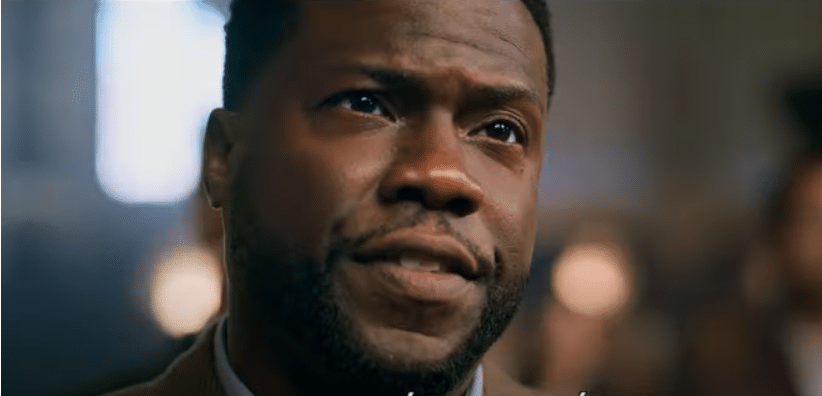 Netflix I Nea Tainia Jay Kelly Me Toys Tzortz Kloynei Kai Antam Santler
May 12, 2025
Netflix I Nea Tainia Jay Kelly Me Toys Tzortz Kloynei Kai Antam Santler
May 12, 2025
